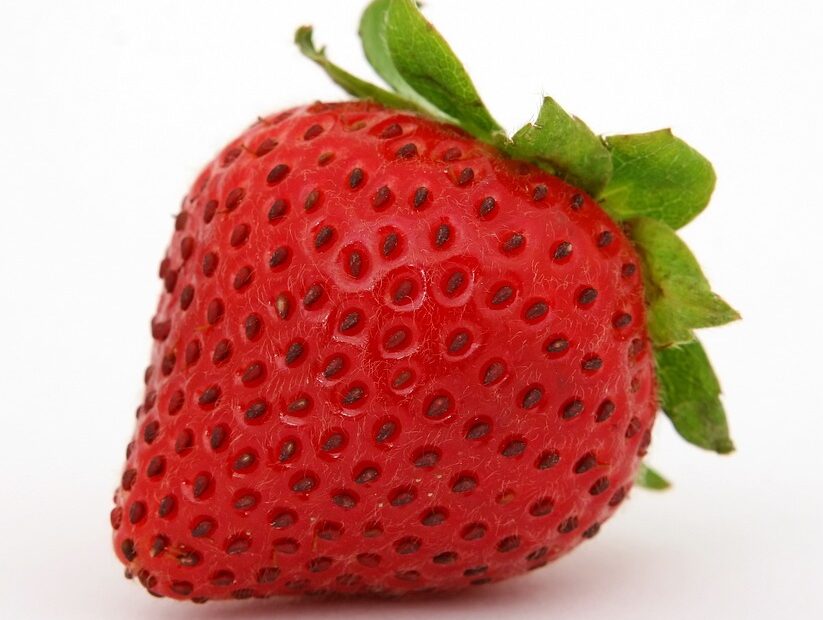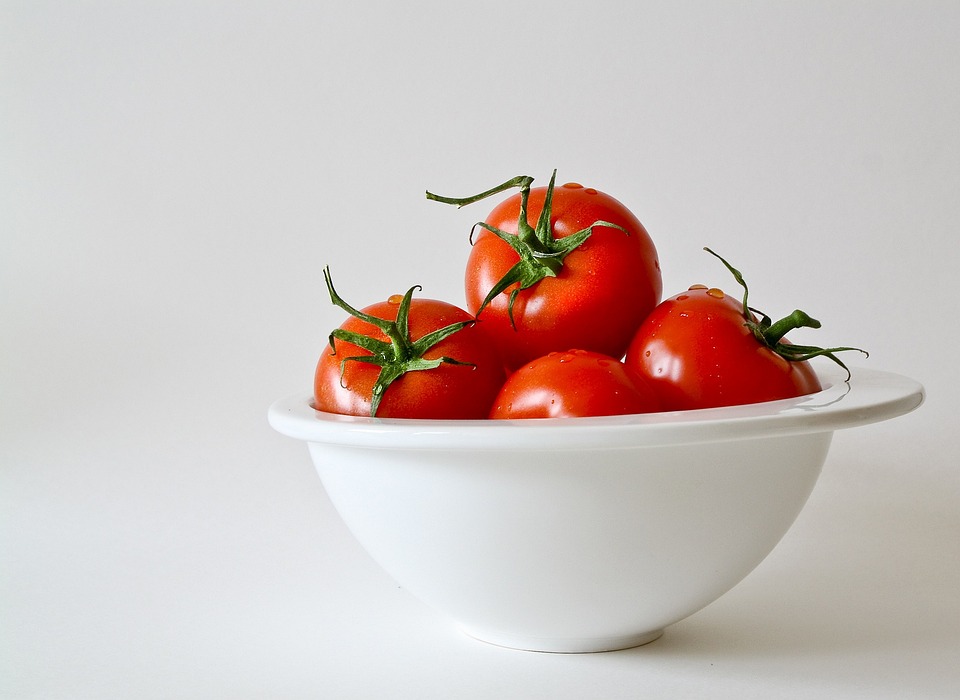Introduction
gastric bypass surgery is a life-changing procedure that can help individuals struggling with obesity to achieve significant weight loss and improve their overall health. One common concern for individuals who have undergone gastric bypass surgery is how to manage their calorie intake post-surgery. In this article, we will explore the importance of calories after gastric bypass and provide tips for maintaining a healthy diet.
Understanding Caloric Needs After Gastric Bypass
After gastric bypass surgery, the stomach is significantly reduced in size, which limits the amount of food that can be consumed at one time. This restriction in food intake can lead to a decrease in overall calorie consumption. It is important for individuals who have undergone gastric bypass surgery to be mindful of their caloric needs to ensure that they are meeting their nutritional requirements.
Calculating Caloric Intake After Gastric Bypass
To determine the appropriate caloric intake after gastric bypass surgery, individuals should work closely with their healthcare provider or a registered dietitian. Factors such as age, gender, activity level, and weight loss goals will all play a role in determining the appropriate number of calories needed each day. It is important to strike a balance between consuming enough calories to support overall health and weight loss goals, while also avoiding overeating and causing discomfort.
Choosing Nutrient-Dense Foods
Since individuals who have undergone gastric bypass surgery have a limited capacity to eat, it is important to choose foods that are nutrient-dense and high in essential vitamins and minerals. This will help to ensure that individuals are getting the necessary nutrients to support their overall health and well-being. Foods such as lean proteins, fruits, vegetables, whole grains, and low-fat dairy products are all excellent choices for individuals after gastric bypass surgery.
Monitoring Caloric Intake
Keeping track of caloric intake can be a helpful tool for individuals who have undergone gastric bypass surgery. There are many apps and websites available that can help individuals track their daily calorie intake and ensure that they are staying within their recommended range. This can help individuals make informed decisions about their food choices and identify any areas where adjustments may be needed.
conclusion
In conclusion, managing caloric intake after gastric bypass surgery is an important aspect of maintaining overall health and well-being. By working closely with healthcare providers, choosing nutrient-dense foods, and monitoring caloric intake, individuals can ensure that they are meeting their nutritional needs while also supporting their weight loss goals. Remember, every individual is different, so it is important to find a balance that works best for you and your unique needs.
Frequently Requested Questions Regarding Calories After Gastric Bypass
What are calories after gastric bypass?
Calories after gastric bypass refer to the amount of energy provided by the food and beverages that are consumed following the surgical procedure. It is important for individuals who have undergone gastric bypass surgery to carefully monitor their caloric intake to ensure that they are getting the appropriate amount of nutrients while also managing their weight.
– Caloric intake should be monitored closely after gastric bypass surgery.
– Proper nutrition is essential for individuals who have undergone gastric bypass surgery.
– Balancing caloric intake is crucial for maintaining weight loss after gastric bypass surgery.
How many calories should I consume after gastric bypass?
The number of calories that should be consumed after gastric bypass surgery varies depending on factors such as age, gender, weight, and activity level. In general, most individuals who have undergone gastric bypass surgery are advised to consume between 800 and 1,200 calories per day. It is important to work closely with a healthcare provider or nutritionist to determine the appropriate caloric intake based on individual needs.
– Caloric intake after gastric bypass surgery typically ranges from 800 to 1,200 calories per day.
– Individual factors such as age, gender, weight, and activity level play a role in determining caloric needs.
– Consulting with a healthcare provider or nutritionist is recommended to establish appropriate caloric intake after gastric bypass surgery.
What types of foods should I focus on for calorie intake after gastric bypass?
After gastric bypass surgery, it is important to focus on consuming nutrient-dense foods that provide essential vitamins and minerals. This includes lean protein sources, fruits, vegetables, whole grains, and dairy products. It is important to prioritize protein intake to support muscle maintenance and repair. Avoiding processed foods, sugary beverages, and high-fat foods is crucial to promote weight loss and overall health.
– Nutrient-dense foods such as lean protein, fruits, vegetables, whole grains, and dairy are essential after gastric bypass surgery.
– Prioritizing protein intake is important for muscle maintenance and repair.
– Avoiding processed foods, sugary beverages, and high-fat foods can support weight loss and overall health after gastric bypass surgery.
How can I track my caloric intake after gastric bypass?
There are several methods available to track caloric intake after gastric bypass surgery. Keeping a food journal, using a mobile app, or working with a nutritionist can help individuals monitor their caloric intake and make adjustments as needed. It is important to be mindful of portion sizes, read nutrition labels, and pay attention to hunger and fullness cues to ensure that caloric goals are being met.
– Tracking caloric intake after gastric bypass surgery can be done through methods such as keeping a food journal or using a mobile app.
– Working with a nutritionist can provide guidance on monitoring caloric intake and making adjustments as needed.
– Being mindful of portion sizes, reading nutrition labels, and paying attention to hunger and fullness cues are important for tracking caloric intake after gastric bypass surgery.
What are the potential risks of consuming too few calories after gastric bypass?
Consuming too few calories after gastric bypass surgery can lead to nutrient deficiencies, muscle loss, fatigue, and a weakened immune system. It can also slow down the metabolism and hinder weight loss efforts. It is important to strike a balance between calorie restriction for weight loss and ensuring that the body is receiving adequate nutrition to support overall health and well-being.
– Consuming too few calories after gastric bypass surgery can result in nutrient deficiencies, muscle loss, fatigue, and a weakened immune system.
– Restricting calories excessively can slow down the metabolism and impede weight loss efforts.
– Balancing caloric intake is crucial for maintaining overall health and well-being after gastric bypass surgery.
Misinterpretations Regarding Calories After Gastric Bypass
Misconception 1: Calories are no longer important after gastric bypass
One common misconception is that after undergoing gastric bypass surgery, calories are no longer important. This is not true as even after the surgery, calories still play a crucial role in weight management. While the surgery may restrict the amount of food that can be consumed, it is still important to focus on the quality and quantity of calories consumed.
Misconception 2: Calories do not matter because weight loss is guaranteed after gastric bypass
Another misconception is that weight loss is guaranteed after gastric bypass surgery, regardless of calorie intake. While the surgery can help with significant weight loss, the amount of weight lost and the long-term success of the surgery can be influenced by factors such as calorie intake, lifestyle changes, and adherence to post-operative guidelines.
Misconception 3: Consuming high-calorie foods is acceptable after gastric bypass
Some individuals may believe that consuming high-calorie foods is acceptable after gastric bypass surgery since the stomach size is reduced. However, it is important to remember that consuming high-calorie foods can still contribute to weight gain, even after the surgery. It is essential to focus on nutrient-dense, low-calorie foods to support weight loss and overall health.
Misconception 4: Cutting calories too drastically is the key to weight loss after gastric bypass
There is a misconception that cutting calories too drastically is the key to weight loss after gastric bypass surgery. While reducing calorie intake is necessary for weight loss, drastically cutting calories can lead to nutrient deficiencies, low energy levels, and potential health complications. It is important to work with a healthcare provider or nutritionist to determine a safe and effective caloric intake for post-operative weight loss.
Misconception 5: Counting calories is unnecessary after gastric bypass
Some individuals may believe that counting calories is unnecessary after gastric bypass surgery since the surgery itself helps with weight loss. However, counting calories can still be beneficial in monitoring food intake, making informed food choices, and ensuring that the body is receiving adequate nutrition. It is important to focus on the quality of calories consumed, rather than just the quantity, to support long-term weight management and overall health.
Calories After Gastric Bypass
#undergoing #gastric #bypass #surgery #patients #typically #reduced #capacity #consume #food #absorb #nutrients #result #calorie #intake #carefully #monitored #adjusted #ensure #proper #amount #nutrients #overloading #system.br

